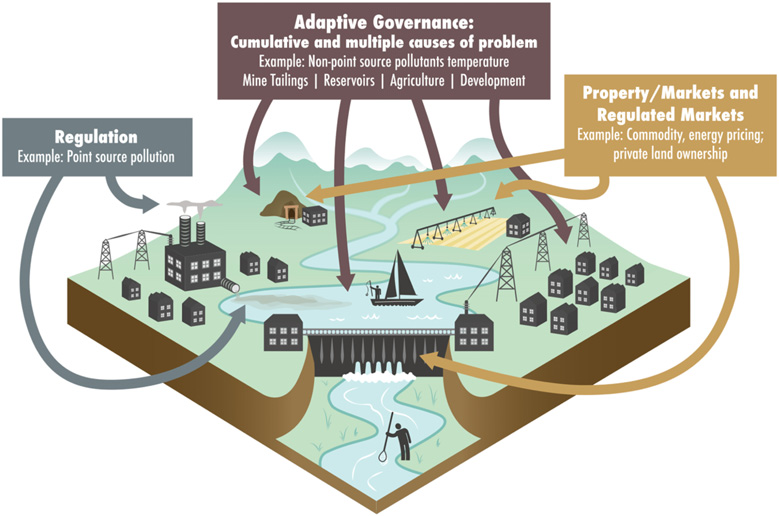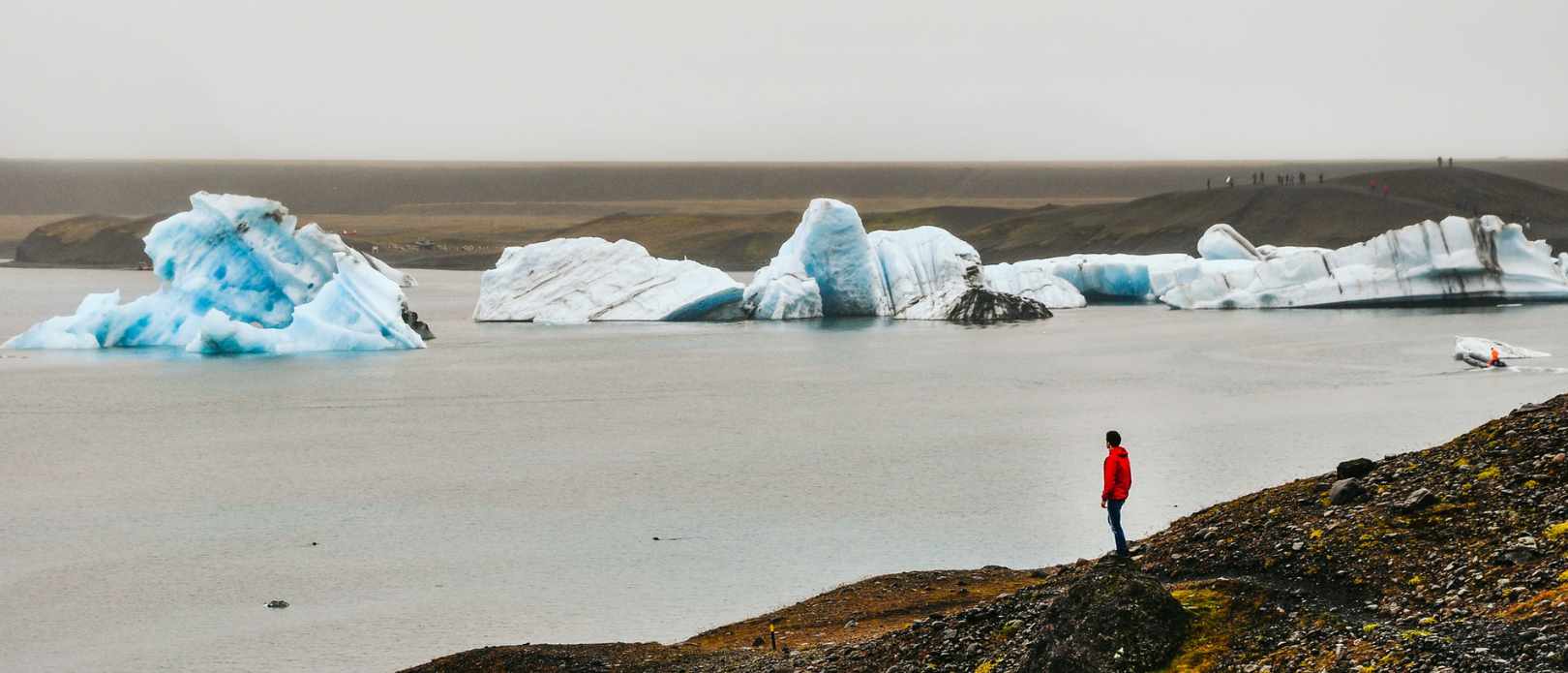Governing complexity
How environmental change is forcing us to change how we do science
Responding to rapid change requires researchers to master the fields of governance, law and science – all in one
- The current speed and uncertainty of climatic and ecological changes challenge our capacity to adapt or transform our societies
- New self-organized adaptive governance forms are emerging, but often lack legitimacy and capacity to match the pace and complexity of environmental change
- The study calls for a new type of public science and focus on legal systems to understand how to improve adaptation and make it more equitable
WANTED: “PUBLIC SCIENTISTS”: How do we respond to the accelerating change in social and technological systems brought about by global warming, biodiversity loss, the digital revolution, population growth, and more?
The answer requires a new type of “public” scientist, according to a new analysis published in the journal PNAS.
These scientists should engage in deep analysis of complex social–ecological–technological systems (SETs) and comprehend governance, law, and science as integrated knowledge systems.
Training such public scientists will require programmes that bring together educators, practitioners, and managers from the natural, policy, and social sciences, engineering, and law.
Barbara Cosens, first author
Moreover, the authors argue, there is a need for new kind of tenure criteria, peer review, funding and publication venues to promote this public science.
Outpacing our capacity
The growing need for this new science stems from the fact that the current speed and uncertainty of environmental change have so far outpaced our capacity to adapt (or transform) to these changes.
This situation is also exacerbated by formal government and legal structures that tend to constrain our adaptive capacity. Even though new self-organized forms of adaptive governance are emerging, they are not doing it rapidly enough. (“Governance” in this context means any form of collective action taken to manage the common affairs of society and involves both authorities and private groups.)
Moreover, self-organized governance forms often lack legitimacy and capacity to deal with inequalities between the winners and losers from change. To understand how to overcome this and reach more equitable adaptation, the new analysis chose to focus on how to adjust legal systems.
“We explore how governments may facilitate the emergence of adaptive governance and promote legitimacy in both the process of governance despite the involvement of nonstate actors, and its adherence to democratic values of equity and justice,” they write.

Stylized drawing from the new paper of a watershed. It illustrates that top-down regulation alone is often not sufficient to govern the complexity of a modern commons and its many local to global interactions between competing human interests and environmental problems. Illustration: Megan Caye Ashe (Washington State University, Pullman, WA).
Not adequate
The analysis begins by exploring what governance scholars can learn from complexity science. After listing six key features of complex systems (self-organization, emergence, networks, feedbacks, nonlinearity, and uncertainty) the authors suggest that governance should focus less on stability when prescribing policy solutions in the future.
Instead the new focus of government must be to help society navigate inevitable instabilities (including collapse and transformation) in response to both ecological and technological change.
“Top-down design of government programmes is not adequate to manage the emergence, uncertainty, and nonlinearity of complex systems undergoing change,” they conclude.
Cosens, B., Ruhl, J.B., Soininen, N., Gunderson, L., Belinskij, A., Blenckner, T., et.al. 2021. Governing complexity: Integrating science, governance, and law to manage accelerating change in the globalized commons. PNAS September 7, 2021 118 (36) e2102798118; https://doi.org/10.1073/pnas.2102798118









